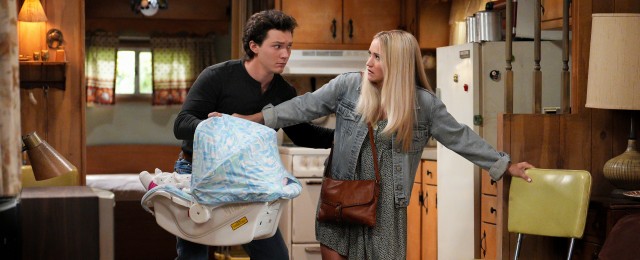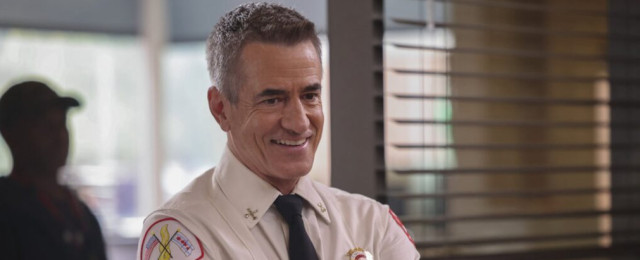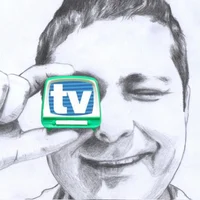Folgeninhalt
Besteht Sprache vielleicht doch aus mehr, als nur aus aneinandergereihten Worten? Oder reicht die menschliche Sprache gar an Telepathie heran? Wer glaubt, dass er seine eigene Sprache versteht und beherrscht, sollte sich das noch einmal gut überlegen. In dieser Folge wird unser Gehirn mit einer Reihe von Tests, interaktiven Spielen und faszinierenden Experimenten daraufhin geprüft, wie viel wir an einem Tag sagen - allerdings ohne zu sprechen. Faszinierende Entdeckungen rund um Sprache und Gehirn sind hier garantiert.
(Sky)
Länge: ca. 22 min.






